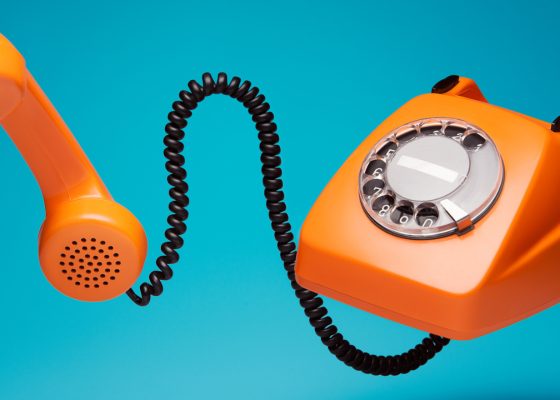Medicare Mental Health Centres that are remote, have trouble retaining and recruiting clinical staff or have high-risk populations will be prioritised.
The federal government has put up $20.7 million for the establishment of a centralised telepsychology and telepsychiatry service to support Medicare Mental Health Centres over four years from 1 July 2025.
The grant forecast opportunity documents were released by the Department of Health and Aged Care today, after the proposal was flagged in the 2024-25 budget papers under the Strengthening Medicare package.
The centralised service will create a pool of clinical psychologists and psychiatrists to support MMHCs, prioritising those centres which are within the first 12 months of opening, those who demonstrated problems with recruiting or retaining clinical staff, those in regional and remote areas, and those with consumers from priority populations.
As of 30 September this year, 27 MMHCs were in operation with a total of 61 to be established by mid-2026.
The centralised service must enhance clinical capacity of the MMHCs by providing both primary consultations (consumer-facing) and secondary psychiatry consultations (health professional services), according to the grant documents.
“Services must be accessible at no cost, available via appointment during standard business hours with after-hours on-call availability for urgent unavoidable cases.
“The centralised service is not intended to replace centre-based recruitment and provision of in-house psychology and psychiatry services,” read the documents.
“Where an individual MMHC is unable to recruit psychology or psychiatry workforce or establish an arrangement that provides access to free psychology and psychiatry services in-house, health professionals and consumers of the MMHC will be able to access the centralised service via secondary consultations with psychiatrists, and/or primary consultations with psychiatry and/or psychology staff.”
Patients using the service will stay with the same psychologist over their “episode of care”, ensuring continuity of care, says the DoHAC.
“If a psychiatrist is seen for more than one session, or psychiatry advice is sought via both primary and secondary consultation, continuity would also be expected as appropriate.”
The centralised service will be delivered via a “range of mediums”, including video and telephone, as well as occasional site visits to “build enduring relationships with centre-based staff”.
The centralised service will only be permitted to provide services to MMHCs.
The successful grantee will be required to report service usage and demographic data to each referring MMHC, which will report that data into the Primary Mental Health Care – Minimum Data Set as usual.
Performance indicators for the centralised service include:
- 70% positive centre staff satisfaction with use of the service;
- 70% of completed episodes of care have Kessler Psychological Distress Scale (K10/K5) scores reported at episode start and episode end;
- 70% positive Your Experience of Service PHN survey or equivalent data reported (consumer satisfaction); sought from over 70% of consumers;
- 100% of service use reported annually in monthly intervals, by primary/secondary consultation, by psychology/psychiatry;
- 100% of data provided to centres/PHNs linked as part of an episode of care; and,
- 100% quantitative data on numbers of collaborative care activities; data linked to individual episodes of care.
The DoHAC said the centralised service would undergo an independent evaluation in the last two years of its operation, funded separately by the Department.
The total grant money will be split into $4.62 million in the first year, $5.318 million in 2025-26, $5.350 million in 2026-27 and $5.456 million in 2027-28.



